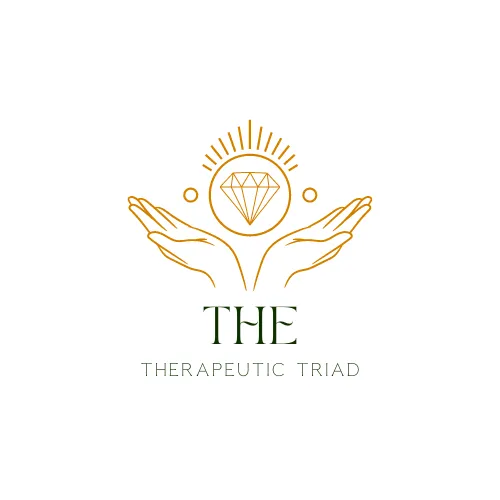
Psychotherapy, Hypnotherapy,
Holistic wellbeing support
With extensive academic and hands-on experience, I am equipped with advanced skills to help others tackle diverse challenges. My specialized approach, blending counselling, psychotherapy, and cognitive behavioural hypnotherapy, is designed for anyone seeking significant emotional and mental transformation.


Let's start
I will go first
My interest in psychology and therapeutical approaches sparked about twenty years ago. Going through various adverse childhood experiences, being surrounded by unhealthy behaviours, and displaying unhealthy behaviours, understanding the mind and behaviours become something of high interest. Hence, I went to study psychology, and this was amazing!
ABOUT THE THERAPEUTIC TRIAD
25% off for:
- students
- Individuals on a lower income than £29.500/year
- Individuals impacted by grief & loss of a loved one, stillborn child, pets
-Women & couples impacted by POI
-couples with other infertility related conditions.
- Individuals challenged by ADHD traits.
* Terms and conditions apply
Practice
What I can help you with
Anxiety
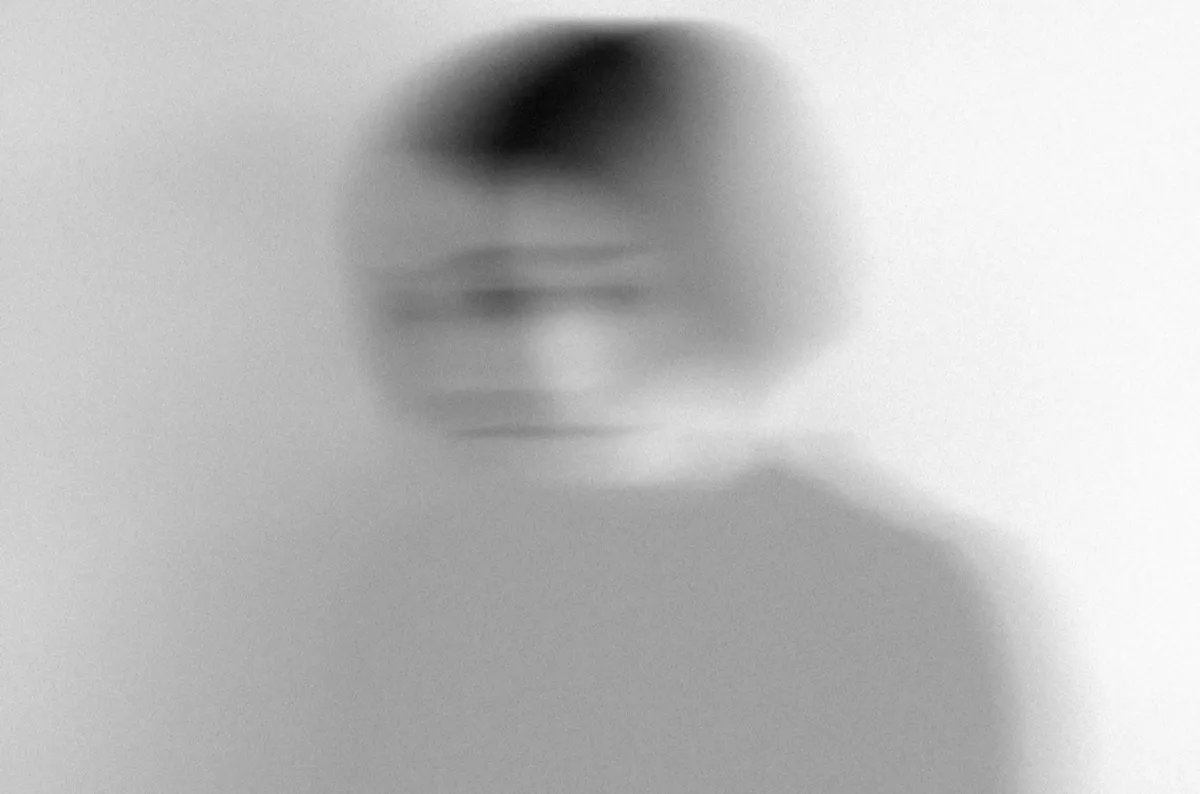
Sleep disturbances

Depressive episodes

Addictions

Stress Management
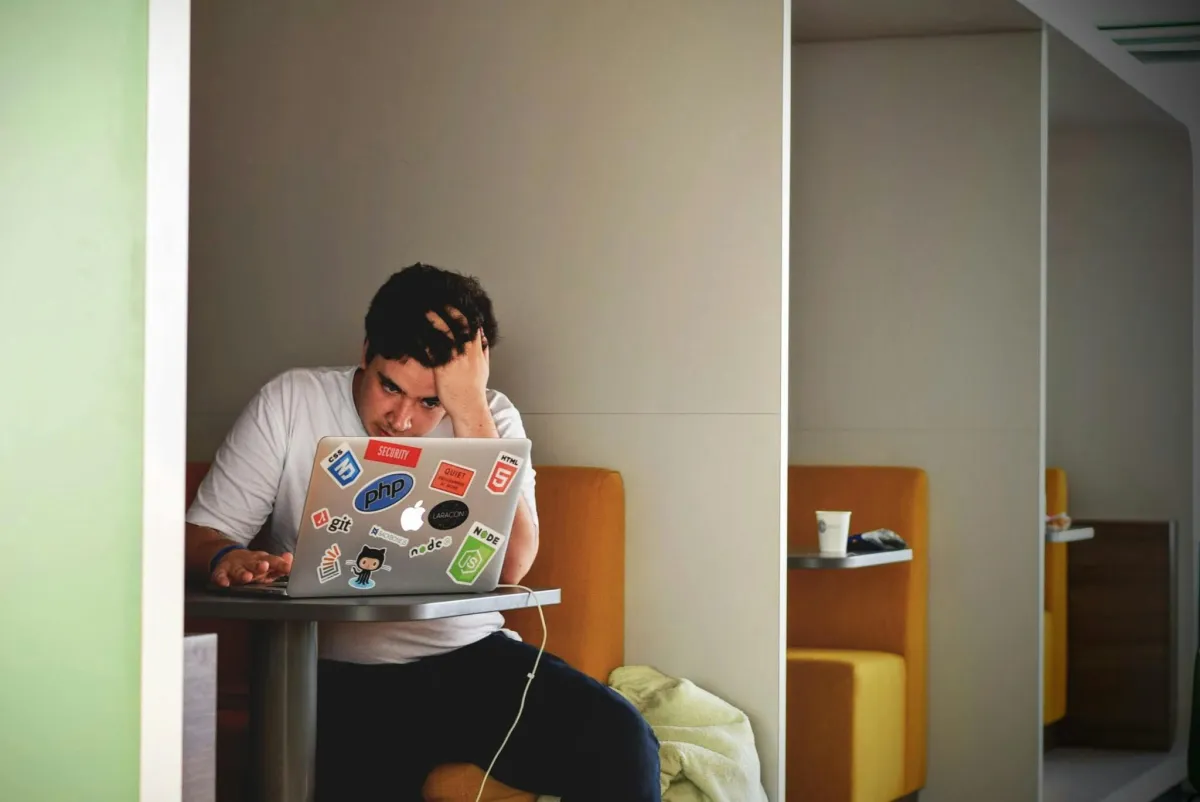
Trauma & PTSD

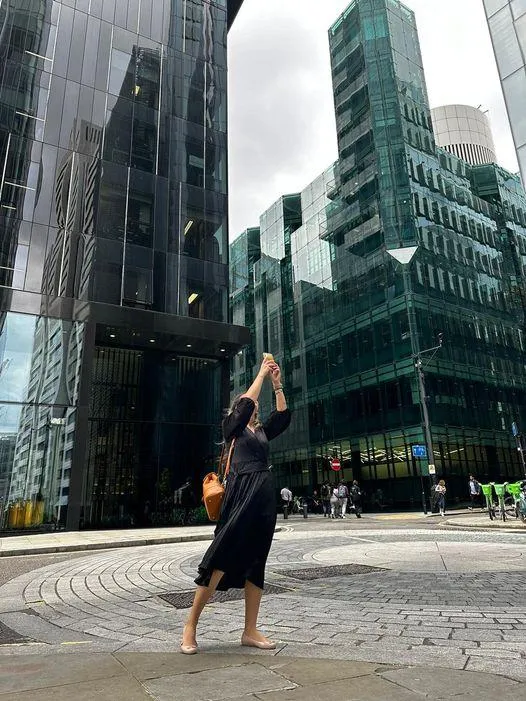
Limitless Potential
At The Therapeutic Triad, we believe that everyone has the potential to live a fulfilling life. Our therapeutic services are designed to support you navigate your challenges and fulfil your potential through counselling, psychotherapy, hypnotherapy
BOOK APPOINTMENTS
50 mins
£60
Psychotherapy
Psychotherapy supports the individual to explore how past experiences impact the present through a mindful, holistic and somatic approach.
50 mins
£50
Holistic wellbeing support
Through a Person Centred approach, therapy allows the individual to explore feelings in the present moment and provoke beneficial change to improve the quality of life.
50 mins
£75
Cognitive Behavioural Hypnotherapy
This is a short term form of therapy, evidence based, combining the Cognitive Behavioural element with the power of hypnosis to boost one's self-efficacy.
50 mins
£85
Integrative Therapy
A very effective and innovative form of therapy, a biopsychosocial approach to support one in identifying core challenges and provoke rapid change to improve the quality of daily life, unlock full potential and live a fulfilling life.
50 mins
£25
Introductory session
An introductory session is a good opportunity to discuss your challenges and determine the most appropriate therapeutic approach.
My Blogs

Types of anxiety
Understanding the Shades of Anxiety: A Comprehensive Guide
Anxiety is a natural part of being human, but when it begins to interfere with daily life, it’s important to understand its different forms and how they affect us. In this post, we’ll explore various types of anxiety disorders, their symptoms, and some initial strategies for managing them.
What Is Anxiety?
Any form of anxiety could have a biological, emotional, and behavioral component; it could be one or a complex mix of all. It is essential to conduct an in-depth inquiry to address any of these factors that might be present. It’s important to understand that anxiety is an emotion, and human emotions are at our core as main drivers. High, intense emotions can lead to distorted thinking. When experiencing anxiety, it’s crucial to find a trusted person to talk with, as this can help you address your thoughts and manage your anxiety.
Anxiety is a feeling of worry, nervousness, or unease about an upcoming event or something with an uncertain outcome. While it’s normal to experience occasional anxiety, persistent or excessive anxiety may indicate an anxiety disorder. Each type has unique symptoms and challenges, and understanding these can empower individuals to seek the appropriate support.

1. Generalized Anxiety Disorder (GAD)
Generalized Anxiety Disorder is characterized by constant and excessive worry about a variety of life situations, from work and relationships to health and finances. Individuals with GAD often struggle to control their worry, which can impact their ability to function daily.
Symptoms of GAD:
Constant worry or fear that is hard to control
Restlessness or feeling on edge
Muscle tension, especially in the neck and shoulders
Difficulty concentrating or "mind going blank"
Trouble sleeping, often waking up tired
2. Social Anxiety Disorder
Social Anxiety Disorder, also known as social phobia, involves an intense fear of social situations due to a fear of being judged or humiliated. People with this disorder may avoid social interactions, which can impact their personal and professional lives.
Symptoms of Social Anxiety Disorder:
Avoidance of social situations, even ones that are routine
Extreme worry about embarrassing oneself or being judged
Physical symptoms like sweating, trembling, or blushing
Difficulty speaking in front of groups or meeting new people
3. Panic Disorder
Panic Disorder is characterized by recurring panic attacks—sudden, intense episodes of fear that often feel overwhelming and uncontrollable. These attacks can occur without warning, and individuals may feel as if they’re losing control or experiencing a medical emergency.
Symptoms of Panic Disorder:
Rapid heartbeat, chest pain, or palpitations
Shortness of breath, feeling of choking
Dizziness, lightheadedness, or nausea
A strong fear of "going crazy" or "losing control"
Persistent fear of having more panic attacks
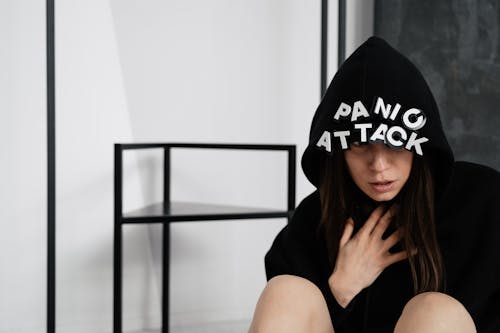
4. Phobias
Phobias are extreme fears related to specific objects, situations, or activities. These fears are often irrational but can lead to avoidance behaviors that disrupt daily life.
Common Types of Phobias:
Agoraphobia – Fear of being in situations where escape might be difficult, like open spaces or crowded areas
Claustrophobia – Fear of confined spaces, such as elevators or small rooms
Arachnophobia – Fear of spiders or insects
Acrophobia – Fear of heights or high places
Symptoms of Phobias:
Intense fear and anxiety when faced with the specific object or situation
Avoidance of situations that may lead to contact with the phobia trigger
Physical symptoms such as sweating, shaking, or a rapid heartbeat when encountering the feared object
Practical Tips for Managing Anxiety
Here are some helpful strategies for managing anxiety:
Practice Deep Breathing: Slow, deep breaths can activate the body’s relaxation response and calm the nervous system.
Challenge Negative Thoughts: By using the Thoughts on Trial worksheet, you can evaluate your thoughts one by one.
Exercise Regularly: Physical activity releases endorphins, which naturally improve mood and help reduce stress. However, it’s often easier said than done. Starting with just a few stretches, a 3-minute walk outside, dancing, or even 5 squats at a time can make a difference and is a good place to start.
Limit Caffeine Intake: Reducing caffeine can prevent jitters and lower overall anxiety.
Seek Professional Help: Therapy provides a safe space to explore triggers and learn effective coping mechanisms.

Remember, Support is Available
Living with anxiety can be challenging, but there are ways to manage it effectively. Remember that a problem shared is a problem halved, and support is available for any challenge. At The Therapeutic Triad, we believe everyone can shine with the right support, which is why we offer a 25% discount for individuals who may be feeling challenged. Take a look at our website to see if you qualify for this special discount.
Healing is a journey that takes courage and patience. Whether you’re dealing with generalized anxiety, panic attacks, or specific phobias, understanding these types of anxiety is a positive step towards empowerment and recovery.
For more information, or to schedule a consultation, visit our website. Together, we can work towards building resilience and a brighter future.
WE ARE IN THIS TOGETHER
Get In Touch
Email: [email protected]
Address
Bristol, England, United Kingdom
Phone Number:
+44 7436869716
Being in service
Mon 07:00 – 19:00
Tue 07:00 – 19:00
Wed Closed
Thu 07:00 – 19:00
Fri 07:00 – 19:00
Sat Closed
Sun 09:00 – 13:00
The Therapeutic Triad, is accredited by trusted organizations such as the British Psychological Society (BPS), General Hypnotherapy Register (GHR), and National Council for Hypnotherapy (NCH). These accreditations ensure we maintain the highest ethical and professional standards, giving you confidence in the quality of care you receive.




Facebook
Instagram
LinkedIn